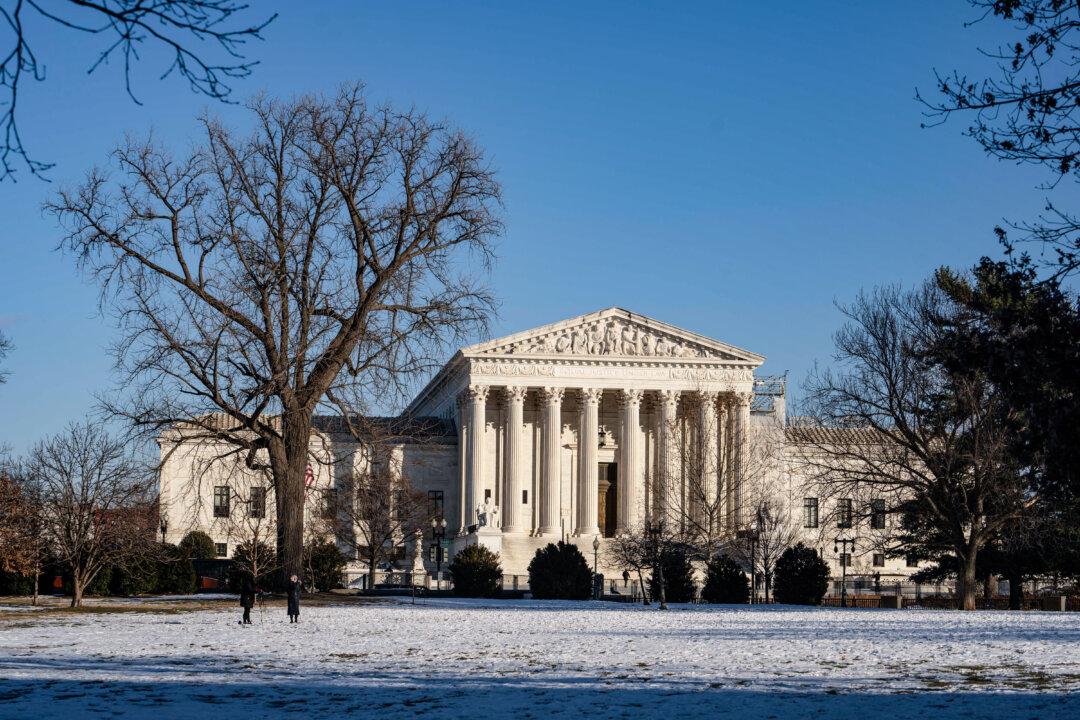The U.S. Supreme Court has agreed to consider a federal inmate’s request to revive his lawsuit over alleged mistreatment in prison after it was dismissed.
The court granted the petition in Parrish v. United States on Jan. 17 in an unsigned order. No justices dissented. The court did not explain its decision.





